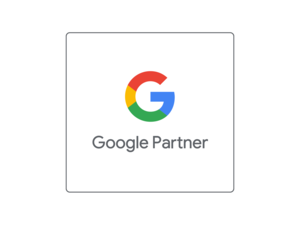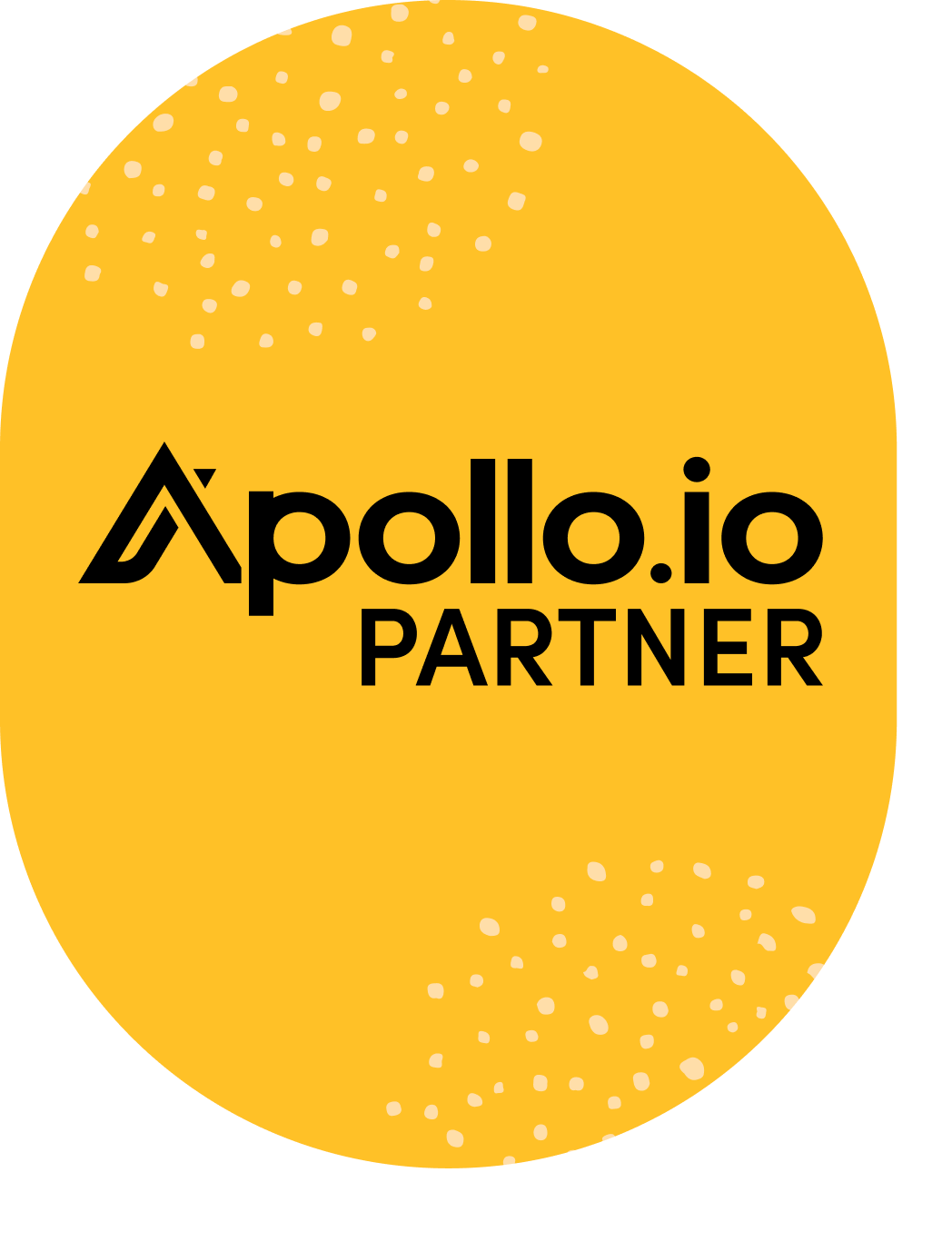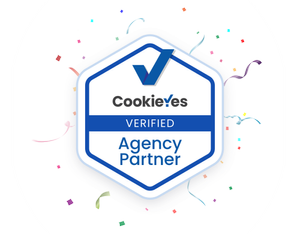Efficiency vs. efficacy
It’s stating the obvious to say that the way we communicate in business has changed dramatically over the past two decades. For most of us, working days begin with logging on to check emails, before firing out a raft of queries and responses. We’ve gone well beyond questioning whether ‘computer mediated communication’ should be the mainstay of business across almost every sector; it’s simply the most efficient way to get things done.
All of this being said, there really is still no substitute for the face-to-face meeting. Business relationships can be complex, and those built upon the foundation of an actual meeting, and the opportunity to hopefully find your business contacts to be both professional and personable, are far more likely to go the distance. Face to face meetings help to engender trust and encourage loyalty in our business transactions – both of which are increasingly rare and valuable commodities.
Events are the perfect way to create and foster more personal and mutually-beneficial business relationships, whether that be on a local, national or international scale. They are also a brilliant way to stay relevant, and put your business on the radar of an audience you might otherwise never get in front of.
Consider your objectives carefully
A well planned event can help you to achieve a diverse range of objectives, but having a clear idea of your priorities will help you to decide which type of event is best for you. For example, if you would like to inform industry strategy or establish yourself as a thought leader, hosting a round-table event or industry forum is ideal. Alternatively, if you wish to meet a large number of people under one roof, instigate partnerships, and generate sales leads; you might consider exhibiting at an event where delegates and co-exhibitors fit your target demographic.
Whilst many business leaders recognise events as a great networking opportunity, it is actually possible to achieve a far more defined and measurable set of objectives from a carefully planned and executed event. Broadly speaking, event objectives might include:
• Direct sales
• Lead generation
• Database building
• Revitalising lapsed relationships
• Creation of referrals
• Product launch/demonstration
• Press coverage
• Brand awareness/positioning
• Infiltration of new marketplaces
• Education
• Market research
• Thought leadership
• Building distributor/investor/partner relationships
Events can be extremely valuable to your business, but require an investment of resources and finances, so you’ll want to be sure of a good return. Here are three steps that could help you do so:
Step 1: Take the time to do your research
Start with who you want to reach. Where are your customers, prospects and competitors going to be during the next 12 months? If there are important dates but no related events, perhaps it’s time to organise one. If there are conferences and exhibitions which all of the major players will be at, should you also be there?
When researching exhibitions, it’s vital to make time to speak to organisers and ask for delegate and exhibitor profiles, past attendance figures and forecasted footfall, as well as costs. If your business is keen to establish an authoritative voice within your industry, perhaps there is a seminar agenda which you could feature on? Large national events work well for brand building, whilst local events might suit your business better if regional sales need a boost. Taking time to consider all of the options will help you to make the best choice.
Step 2: Make a list
Any event planner will tell you that the devil is in the detail. A successful event begins with a really long checklist. Your list should cover absolutely everything large and small; from stand design to ordering staff passes and accommodation; from booking electrical supply and wifi, to what literature you will take. Have you got a good supply of business cards? Do you want to run a competition or order promotional goods? (Experience tells us that there’s no conversation starter like a cake-pop!). Put dates for completion alongside each action on your checklist, assign an owner for each task, and remember to build in time for inevitable delays!
Step 3: Engage!
To get the full value out of your day, you need to make sure people know what you are planning. Emails to your database, social media updates, individual phone calls to important contacts, web banners with registration links on your company site, and hard-copy invitations can all be effective depending on your audience. Start a conversation, or join one, well in advance of your event and you’ll stand a better change of people keeping the date free. Registration portals can help to ensure commitment from attendees and also provide an opportunity to gather important data about those people who are interested in your products and services.
When the day of your event arrives, you finally get to reap the benefit of your hard work and preparation, so make the most of it. Be there bright and early to check all is as it should be, be ready to talk, be well-informed, and most importantly… smile!






 Jodie Williams
Jodie Williams
 Alexander Costello
Alexander Costello
 Jessica Keynes
Jessica Keynes
 Raven Wheatley-Hawkins
Raven Wheatley-Hawkins






.png)


